Table of Contents
ToggleYou should tell the truth, or at the very least not lie if you can’t manage to tell the truth.
Truthtelling is indeed a difficult thing, especially while being considerate of the feelings of others.
Furthermore, we’re also going to explain in depth what the dangers are if you’re dishonest with yourself and others. Let’s get started.
Why should we tell the truth?

While there are some immediate short-term advantages to lying, being dishonest is devastating in the long run.
Telling the truth gives you less of an immediate payoff. But what it does give you instead is a delayed, but larger, long-lasting reward.
These are the reasons why you should always tell the truth:
It makes you trustworthy
Even when you tell things people might rather not hear, they will eventually realize that you will tell both the good AND the bad.
Trust is essential for creating a deep bond with our peers and is necessary to be able to live peacefully and in harmony with each other.
Not only does it make you a person who can be relied on, but you will also learn to trust yourself and your sound judgment. Being honest to others will also teach you to be honorable to yourself.
Creates social bonds
Since trust is the precursor to social bonds, it’s required to grow meaningful relationships with those around us.
Ultimately, it is our loved ones that give our existence meaning. Because what good would life be if we had no one to share it with? We are social animals. And as such, we need relationships to feel happy and to stay sane.
It makes you a moral person

One of the advantages of telling the truth is that it makes you a moral person who’s brave enough to tell the truth. And that’s no small thing given how hard it is to be courageous in the face of our fears.
Honest people know who they are, and have no use for lies and deception. People who lie are typically too weak and too afraid to tell the truth.
Lying only detracts from your character. Who are you really if you need to use falsehoods to mislead people? A question that’s worth pondering.
Allows us to learn from our mistakes
Being honest with ourselves and others allows us to learn from our mistakes.
Mistakes and failure are part of the course of life. But we can’t learn anything new when we don’t attempt to do what’s right, and what we honestly believe in.
It’s needed to orientate us in life and to understand how we can do better in the future by not making the same mistakes that got us in trouble in the first place.
Makes us mature, responsible human beings

Being truthful makes us mature and responsible human beings who try to tell the facts to benefit our peers.
It’s incredibly unaccountable and juvenile to lie and delude others by telling them sweet little lies. Even though it might prove beneficial for you at first, and others might like what they’re hearing, you’re actively manipulating others. This shows you don’t mean the best for them.
Can evolve into pathological lying
People who employ deceit a lot will often start believing the lies they are telling to other people over time.
Pathological liars can regularly no longer separate the truth from the lies. That’s because they’ve lied so much and are so used to doing so that they can’t trust their judgment anymore.
When this happens, it’s very hard for them to make rational and well-thought-out decisions that will benefit them in the future. This frequently leads to disastrous results after a while.
The truth always emerges in the end

It might take a very long time, but the truth always comes out eventually.
Even though some folks are adept liars and able to get away with it for a long period, they’re going to fall through the basket sooner or later.
And when that happens, their victims will not trust them anymore. Neither will those who know the liar since they realize that they’re also capable of being dishonest to them if they are willing to do so to others.
Why shouldn't we lie?
You’re deceiving others and yourself
We’ve established that you delude not only the other party involved but also yourself when being dishonest. That’s why I prefer telling the harsh truth over tender love and care.
This makes lying a nasty vicious circle with seemingly no end. Now, I know that always telling the whole truth might sound frightening and almost impossible to do. This is why I encourage you not to lie at the very least if telling the entire truth is not possible or seemingly too hard.
What you can do is at least not participate in the lie if you hear things about something or someone were told that you know isn’t true. If you can’t stand up for the truth and can’t vocalize it, at least don’t encourage the lie by participating in it. Make sure not to agree with it either because you are too scared and too afraid of other people’s reactions to tell the truth.
Clear conscience

Telling the truth also gives you a clear conscience. You don’t have to remember what lies you have told. This makes your life a lot less stressful!
It provides you the peace of mind that you told what you believed to be true if you do end up saying something that didn’t turn out the way you wanted. Or if you find out that you accidentally told something untrue in the end.
It’s not morally right
We shouldn’t lie because it’s not morally right and unethical.
We can argue that morals are a man-made invention, yet most of us seemingly have an inherent sense of morality by desiring stuff such as fairness and honesty.
Being honest at least means you’re a stand-up guy. They might not always like what you have to say, but nobody can accuse you of not being truthful or courageous.
Makes matters worse in the end
One of the reasons why we shouldn’t lie is because it makes matters worse in the end, no matter how long we get away with it, and how much it benefits us at first.
Smart people know that they can never trust us again if we’ve been found to be deceitful. That’s because if you did it once, you can always do it again. You’re even more likely to do it once more since you’ve gotten away with it in the past.
Diminishes trust
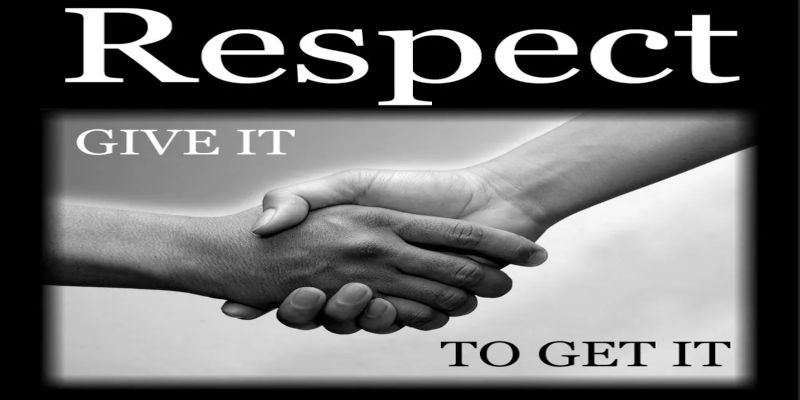
Lying diminishes the trust between one another.
If you’re a pathological liar then you most likely won’t trust those around you due to the way you are. Those around you will not trust you anymore either when they find out you’ve been dishonest to them in the past.
Keeping secrets facilitates stress
Having to keep track of all the lies you’ve told before is stressful and tiring. And that’s pretty much a given if you don’t want others to catch on to you if you’ve been lying.
This can create chronic tension that’s extremely taxing on both your mental, and physical state.
Nothing is as freeing in my opinion as just being authentic and not having to remember anything you’ve said in the past.
Frequently Asked Questions (FAQ)
Example of telling a lie

“Did you clean up your room?” Yes, mommy. “Good boy, as a reward, you can go and play video games for an hour.” “Did you study already?” Yes, mommy. “Good boy, here, have a cookie.”
“Why did you get such a bad grade?” It’s the teacher’s fault. Everyone in my class got bad grades, even worse than mine. “Are you coming over for the party today?” I can’t, I’m going out with my parents for dinner.
The above are examples of possible lies and excuses we all have probably used at some point in our lives.
While these are lies about small and seemingly insignificant matters, the following question arises: How do we know we won’t act the same when the stakes are higher and thus lie about truly important things? Why is truth-telling so hard in most cases?
Is lying nature or nurture?
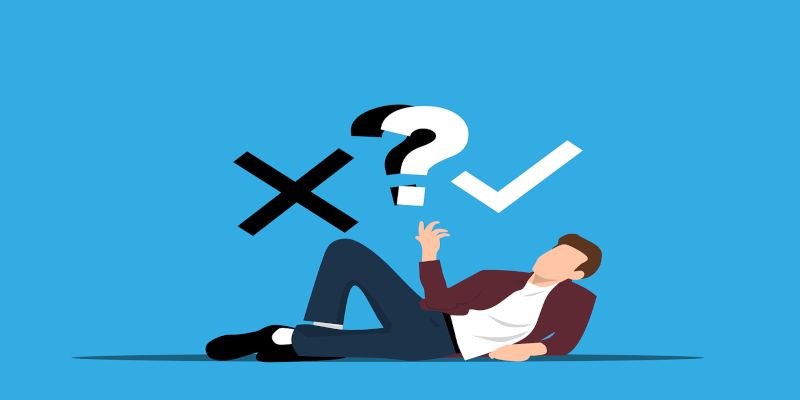
Some psychologists and researchers such as Jean Piaget suggest that lying is a natural tendency, and thus part of nature. On the flip side, people typically learn to lie from their peers and loved ones from a young age.
That’s why being dishonest can be considered both nature and nurture.
We learn to lie, often at a very young age. Let me give you a relatable illustration.
If you ask a child if he ate cookies before dinner, then he will typically tell you honestly that he did. Because the child sees no reason to lie. However, this might be the reason he’s not hungry anymore and can’t eat or finish his dinner.
This in turn leads to both parents getting mad and scolding their child, telling him he’s not allowed to eat cookies before dinner anymore.

Of course, the child is flustered because he’s getting scolded for telling the truth. If this happens a few times, then the child will quickly learn to deceive their parents and tell them: “No, I didn’t eat any cookies before dinner.” Being untruthful then leads to no punishment or scolding from its parents, which is in itself already a reward.
And thus, the child has effectively learned how to lie at a very young age for its benefit. It has learned the hard way that truth-telling will often be punished, and that lying frequently gets reinforced in the form of an actual reward or by avoiding punishment.
Knowing how to lie, and knowing what the other person desires or wants to hear, regularly leads to manipulation. Manipulative people are dangerous, and you should be very wary of them! As manipulation of another person in one way, shape, or form is a direct attack on the integrity, character, and trust of that individual.
Why do we lie: Why do we not tell the truth?
It benefits us
Being dishonest can benefit us by avoiding punishment, or gaining something that we want. Be it money, attention, or confidence.
Thus, it can be used as a tool to manipulate others.
Being rewarded and avoiding punishment are oftentimes related. Because if we manage to avoid punishment, we’re already being rewarded since we’re not being reprimanded.
Offers immediate rewards.
Especially younger folks are vulnerable to being dishonest because they often seek immediate satisfaction of the senses in the way of short-term rewards.
This is typically the case because they have not learned yet how to work hard for something over a longer period without getting immediate gratification.
Yet, I still think it’s better to be told the ugly truth than to be told a comforting lie.
Why the truth often hurts

The reason the truth hurts is that it challenges our belief systems.
Because nobody wants to find out they’ve been living in a lie or believed something for years only to observe that it wasn’t true in the end.
Challenging our belief systems is something we don’t like and wish to avoid. You can imagine the shock and pain that comes along when we find out that the reality is different from what we previously believed.
For example, it hurts when we realize that the person we are in love with has been cheating on us for ten years. Often, the partner will try to rationalize their spouse’s cheating by telling themselves “It only happened one time.”
They might also plainly dismiss the truth by deluding themselves by saying, “It didn’t happen, my loved one would never do such a thing.”
Ethical dilemma in telling the truth
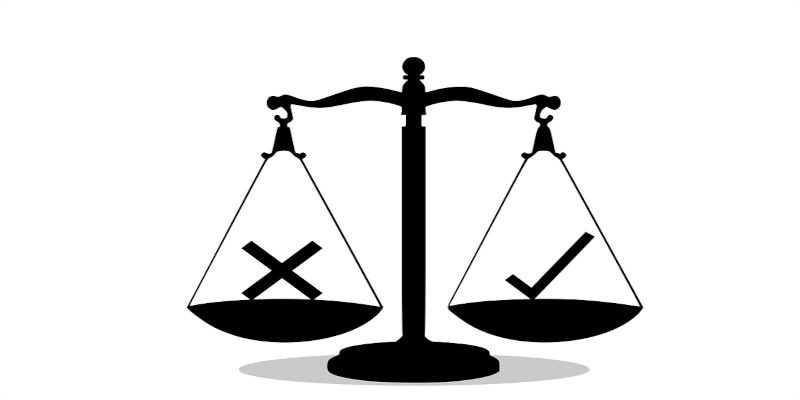
Now I know people will tell me, “But what about white lies, you shouldn’t hurt other people’s feelings, right?” And this is a valid point. This is what we call an ethical dilemma in telling the truth.
I’m not telling you to intentionally hurt other people’s feelings, not at all. However, there are instances where the truth will hurt and challenge other people’s notions.
The truth should not be used as an excuse to purposefully harm other people. It should be used as a tool to guide and help those around us.
It’s ethical to use the truth to help other people, not in an attempt to harm them.
Why is lying toxic?
Lying is toxic because it can lower our self-esteem over time due to feeling guilty, shameful, unworthy, and undignified as an individual.
Do liars feel guilty?

Should I forgive a liar?
Why is hiding the truth bad?

Why is telling the truth harder than lying?
But from a neurological perspective, lying is harder than telling the truth since it requires the inhibition of truth-telling and the remembrance of our lies. Not to mention that it takes longer to lie than to tell the truth.
Conclusion

Once again, remember that it’s better to be told the ugly truth than to be told a comforting lie.
That comforting lie will eventually dissolve, but reality will always remain. The truth is out there, we just need to be willing to find it.
Being honest might not always give you an immediate payoff, but lying will never turn out advantageous in the end.
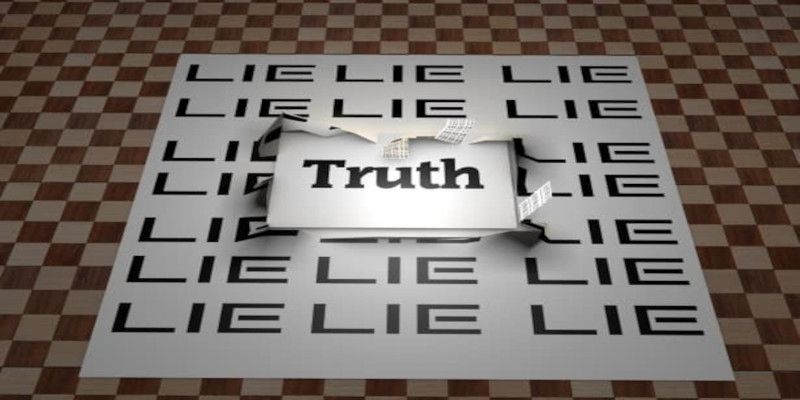

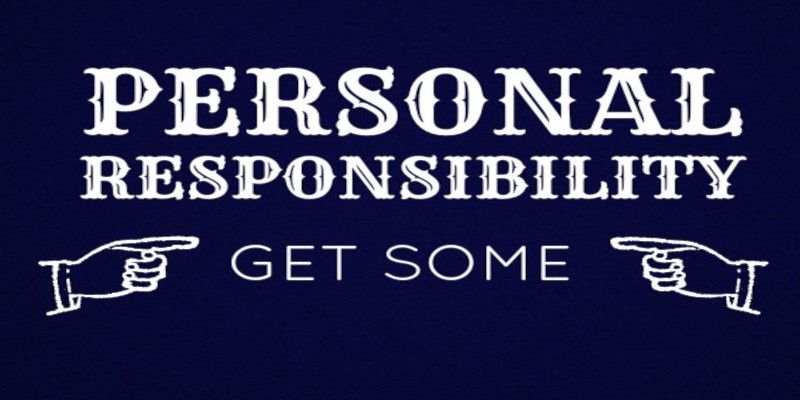

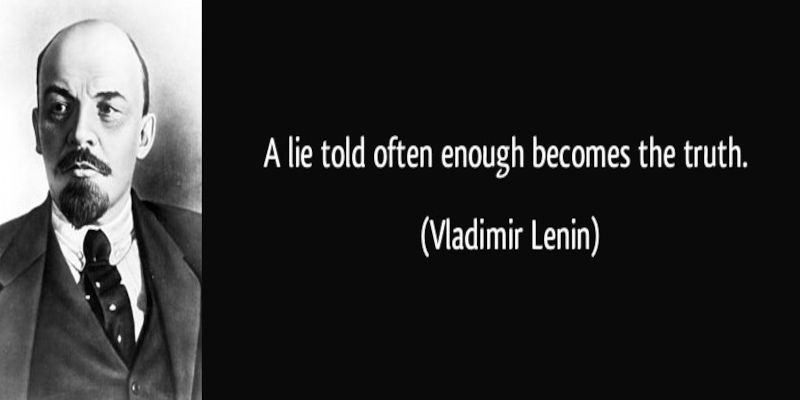

6 thoughts on “Why you should tell the truth or at the very least not lie”
Comments are closed.